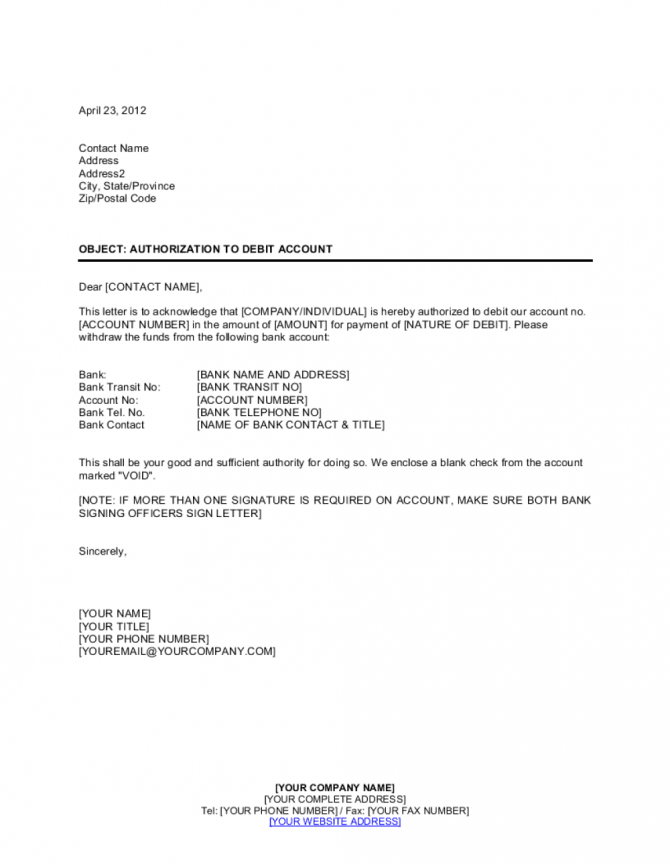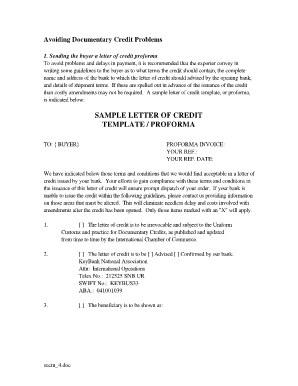

īecause I am writing you within 30 days of being notified by your company about this debt, you must cease attempting to collect this alleged debt until after you have provided the requested information. Documentation showing you are licensed to collect debts in. Documentation showing you have verified that I am responsible for this debt, or a copy of any judgment
#Notice of credit on account letter full#
The full name and mailing address of the original creditor for this alleged debt I request all of the following information be provided to me by mail: I have reason to believe I do not owe this debt because I was notified by your company on regarding an alleged debt. To confirm that the letter has been received, we recommend sending it by certified mail with “return receipt requested,” so you have it for your records later, if needed. The Federal Trade Commission advises that you be as specific as possible in the letter about the reason why you think you do not owe this debt (or owe all of it, if you’re disputing the amount), but you should “give as little personal information as possible” in the letter. Until the collector provides this written verification, it may not continue to collect on the debt or seek judgment in court.īelow is a sample, fill-in-the-blank letter that you can use as a guide for disputing a debt with a collector.

The “Disputed Debts” clause of the Fair Debt Collection Practices Act gives you a 30-day window within which to dispute the debt in writing, and request that the collector provide more detailed information about the debt and documentation showing that it has verified that you are in fact the person that owes this money. There are several reasons why you might dispute a debt collection notice: You believe the collector has the wrong person the amount being sought is much higher than you think is really owed the debt is so old that you are no longer legally obliged to pay it (Note: The statute of limitations on debt varies by state).

If you’ve received a notice from a debt collector, but have reason to believe you don’t actually owe that debt (or owe a lot less than they say you owe), federal law gives you a brief opportunity to force the collector to demonstrate that you do indeed owe this debt, and to stop trying to collect on it until they have verified you are the one responsible, and that the money is still owed.


 0 kommentar(er)
0 kommentar(er)
